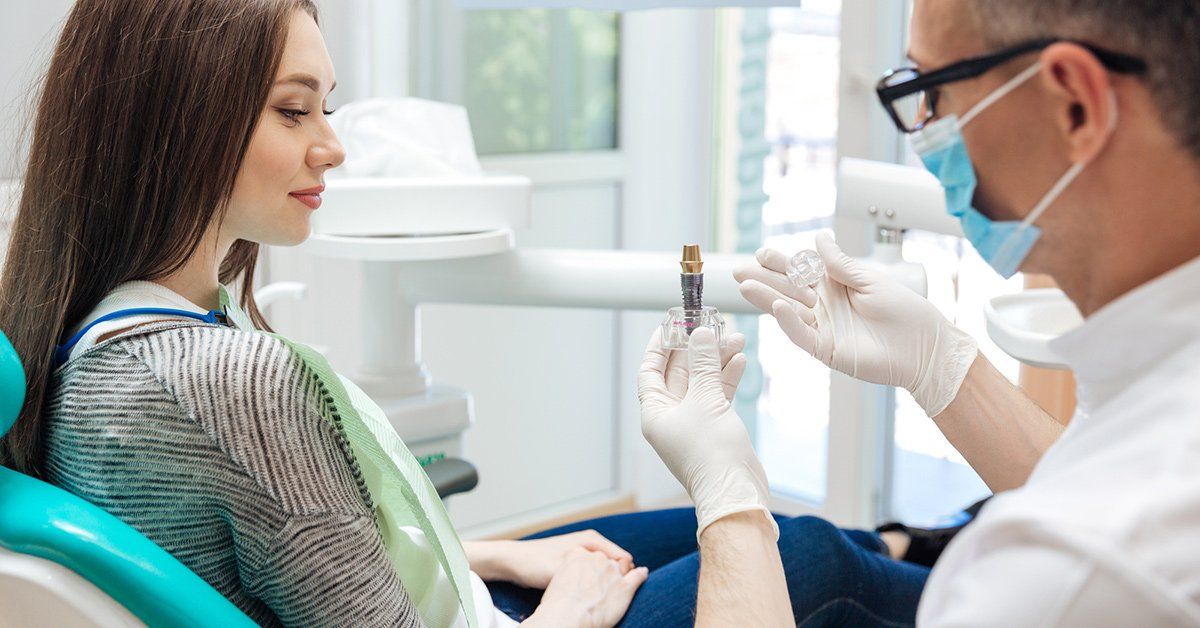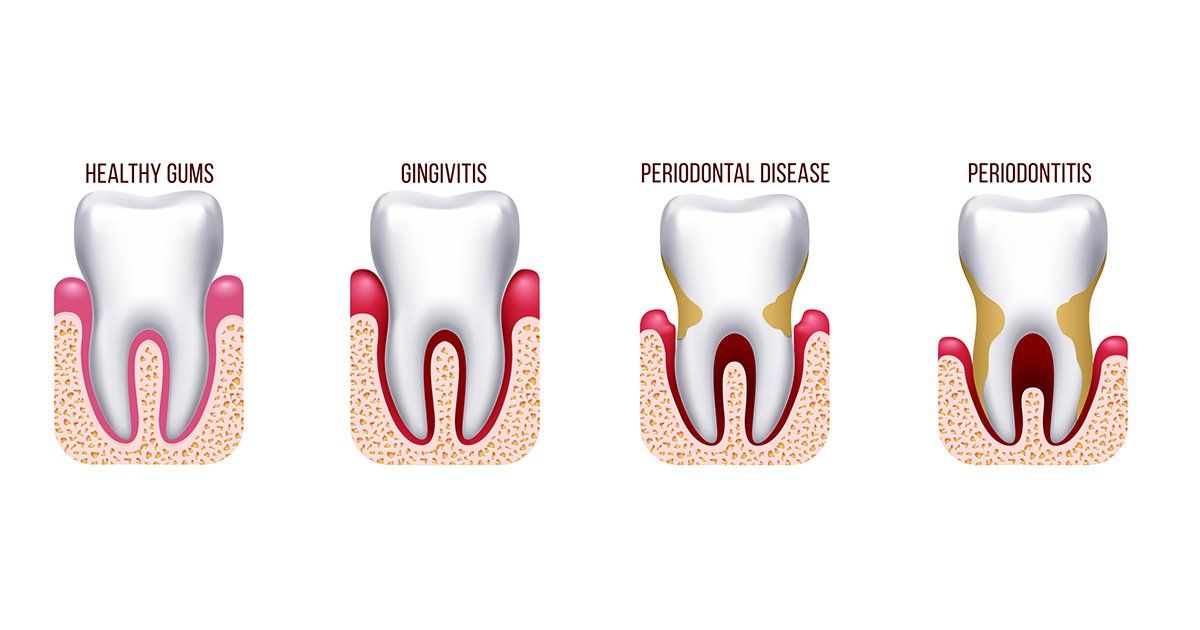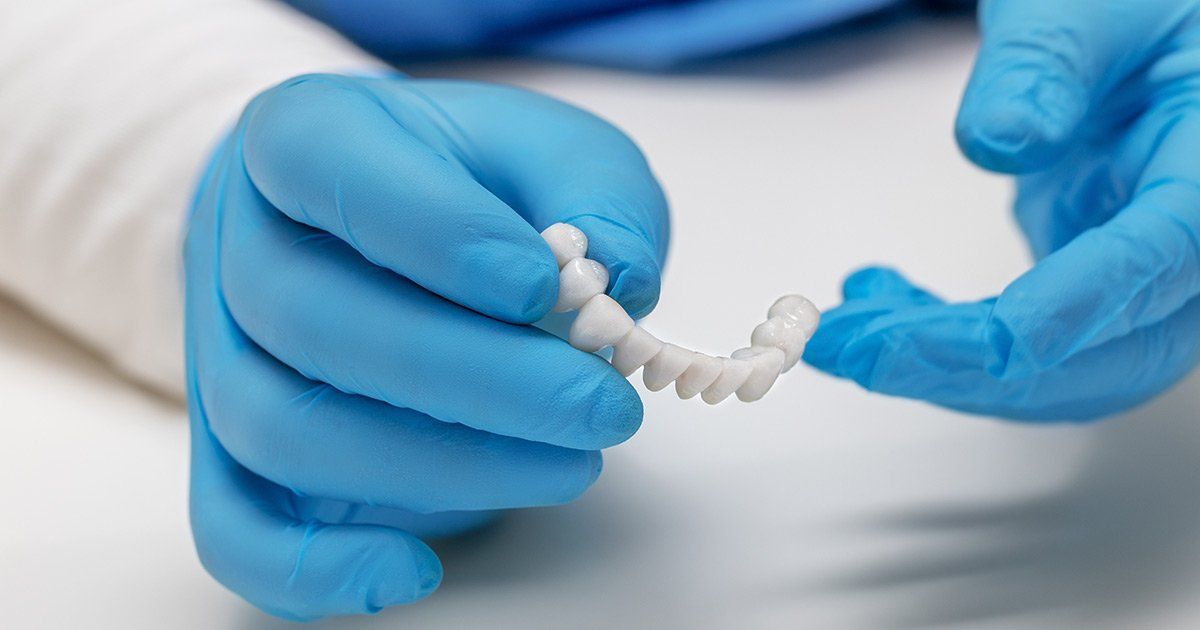What to Expect When Getting Dental Crowns
Is this your first time getting a dental crown? Dental crowns are used in various dental procedures. Learn about the whole process here.
Do you have a tooth that's broken, cracked, or weakened by decay? Have you had a root canal recently? If any of these apply, it's likely that your dentist suggested you get a dental crown.
Dental crowns are one of the most common restorative dental procedures available, and today's crowns have come a long way from the silver and gold ones your parents may have in their mouths. They're easy to care for, quick to recover from, and can protect your teeth for over a decade.
To learn more about what crowns are, what getting a crown is like, and if the procedure is right for you, read on.
What Are Dental Crowns?
Crowns are a restorative dental technique consisting of "caps" that replace the outer layer of a damaged tooth. Thanks to modern technology, most crowns today are indistinguishable from your natural teeth. They're a long-lasting way to preserve teeth that are too weak to survive on their own, preventing you from needing dentures or implants.
Different Types of Dental Crowns
Historically, dental crowns were made out of gold or base metal alloys. Today, most crowns are made from ceramic, porcelain, or composite resin.
Traditional porcelain crowns are manufactured in a lab from an impression of your mouth and installed on a separate appointment. By contrast, same-day ceramic crowns are made from a 3D scan of your tooth and installed in one visit. The process is faster, but these crowns aren't as durable as traditional porcelain ones.
Your dentist will consider factors like the location of your tooth, how much the crown will show, and the color of nearby teeth when deciding which material to use.
What to Expect When Getting Porcelain Crowns
When getting traditional porcelain crowns, you can expect the entire process to take 1-2 weeks. At your first appointment, your dentist will examine your teeth, often via x-ray, to identify the extent of the damage.
Next, your dentist will file away part of your enamel on the affected tooth and make a mold of your mouth. The lab will use this mold to create the crown. They'll then put in a temporary dental crown to protect your tooth until the final one arrives.
When the porcelain crown arrives back from the lab, you'll go in for another appointment. Your dentist will remove the temporary crown and replace it with a permanent one. This crown will last you an average of 5-15 years if you care for it well.
Frequently Asked Questions About Getting a Dental Crown
Q: Should I get a dental crown?
A: Only your dentist can tell you for sure. If you think you may need a crown, book an appointment so they can examine your teeth and help you decide on the best course of action.
Q: How do I care for my porcelain crowns?
A: You can take care of a crowned tooth the same way you would care for the rest of your teeth. Continue to brush and floss regularly and practice good oral hygiene.
You will also need to avoid chewing on hard foods like ice near that tooth, or you may end up chipping the crown. If you grind your teeth or clench your jaw at night, talk to your dentist about getting a protective mouthguard.
Q: Is tooth sensitivity normal after getting a dental crown?
A: It's normal for your teeth to be a little bit sensitive after getting a crown, especially for the first few weeks. You're most likely to notice sensitivity when eating hot or cold foods. Taking over-the-counter pain relievers for a few days after the procedure and switching to sensitive toothpaste can help.
Let your dentist know if you're sensitive to pressure when you bite down, as they may be able to adjust the fit.
Talk to Your Dentist About When to Get a Dental Crown
Dental crowns are a safe and effective procedure that can help you restore the health and appearance of your smile. If you think you may need a crown and are looking for a dentist in Jensen Beach, FL, Signature Smiles can help. Dr. Suzanne Spence Williams offers dental crown services along with any other cosmetic and restorative procedures you may need.
Give us a call or contact us online to schedule your consultation appointment today.







